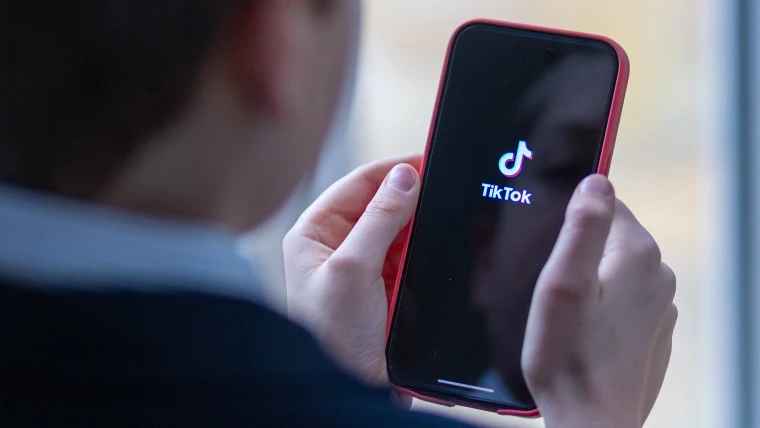In a political showdown with far-reaching implications, the Republican-led House remains resolute in its push to ban TikTok from U.S. app stores, despite former President Trump’s unexpected reversal on the issue. As lawmakers prepare for a crucial vote on the legislation, the rift within the GOP underscores the complex dynamics surrounding national security, digital privacy, and the influence of social media platforms.
The House’s proposed legislation, the Protecting Americans From Foreign Adversary Controlled Applications Act, has gained significant momentum in recent weeks, propelled by bipartisan concerns over TikTok’s ties to the Chinese Communist Party and its potential threat to national security. Even as Trump voiced opposition to the ban, citing concerns about aiding rival Facebook, House Republicans remain steadfast in their commitment to addressing what they view as a critical security risk.
Key GOP figures, including Reps. Chip Roy and Mario Diaz-Balart, have openly challenged Trump’s stance, emphasizing the need for decisive action in safeguarding American interests. Their willingness to defy the party’s former leader reflects a broader recognition of the gravity of the TikTok issue and its implications for cybersecurity and international relations.
At the heart of the debate lies the question of whether TikTok, with its vast user base and access to personal data, poses a genuine threat to U.S. interests. Lawmakers, including Energy and Commerce Chair Cathy McMorris Rodgers, have framed the legislation as a necessary step to prevent the Chinese government from exploiting the platform for espionage and propaganda purposes. With bipartisan support and backing from President Biden, the bill appears poised for swift passage in the House.
However, the road ahead remains uncertain, particularly in the Senate, where leaders are still evaluating the proposed legislation. Despite growing bipartisan consensus on the need to address TikTok’s security risks, concerns linger about the potential economic fallout and the impact on millions of users who rely on the platform for entertainment and livelihood.
As TikTok intensifies its lobbying efforts and mobilizes its user base to oppose the ban, tensions between the tech giant and lawmakers continue to escalate. Accusations of misinformation and manipulation have further heightened the stakes, casting a shadow over the integrity of the legislative process.
The upcoming House vote serves as a critical test of Congress’s ability to confront emerging threats in the digital age while balancing competing interests and values. As lawmakers grapple with complex geopolitical realities, the fate of TikTok hangs in the balance, underscoring the enduring challenge of reconciling national security imperatives with the principles of free expression and innovation in the digital realm.
